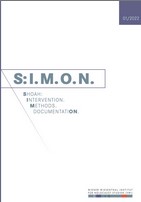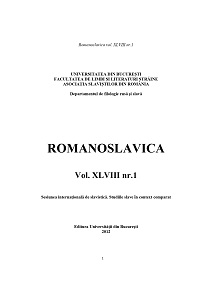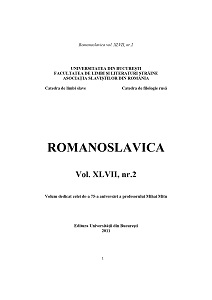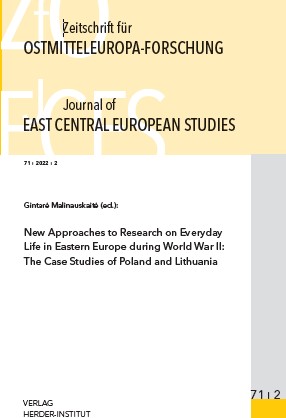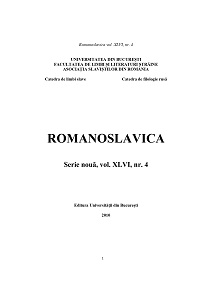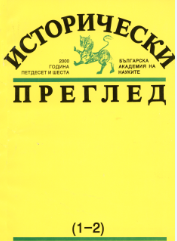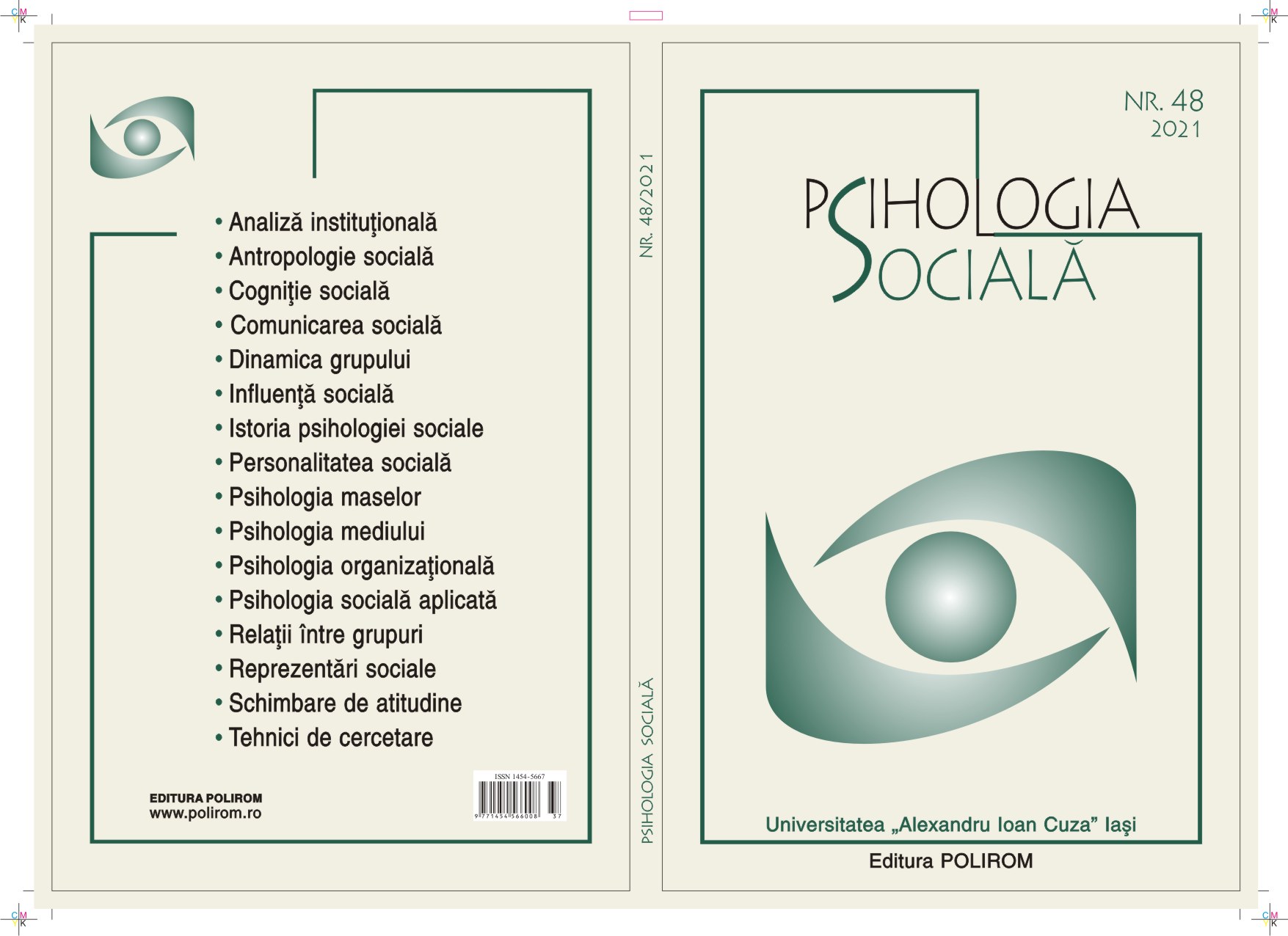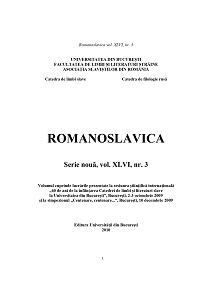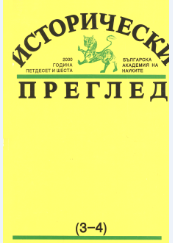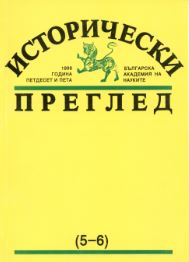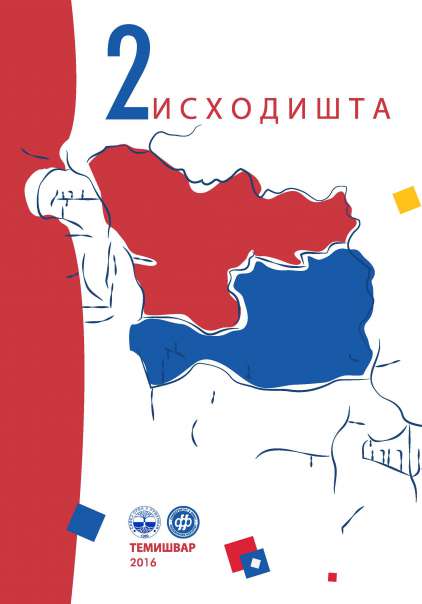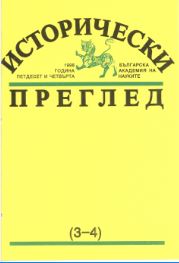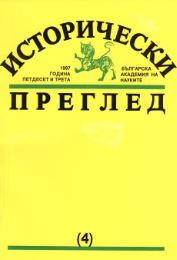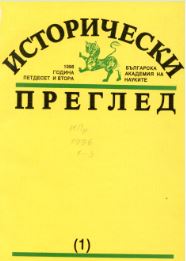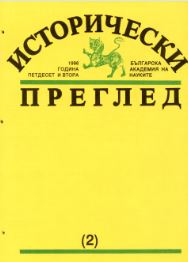Sündimuse ruumilised mustrid ja selle põhjused Eestis demograafilise ülemineku ajal
Previous research has shown that Estonia was among the earliest societies that entered and completed the fertility transition from the 1860s to 1930s during which the number of children born per woman decreased from traditional high levels (4.5 children per woman) to modern low levels (2 children per woman). Such a decline could only be completed with a radical change in fertility behaviour. The motivation for and the ideational-moral acceptance of the adoption of new behaviour, however, does not form at the same time and with the same strength in all regions of a country. Thus, research done for other countries has shown large and historically unprecedented within-country differences in fertility levels during the transition. For Estonia Kalev Katus has previously looked at spatial fertility patters in transitional Estonia, but he only distinguished counties, which hide a lot of variation inside them. This article uses data for lower-level spatial units (towns, parishes, rural municipalities (vallad)) from the 1881 and 1922 census as well as the Family Register of the Estonian Republic kept during the first independence era to analyse the spatial fertility patterns evident during Estonia’s fertility transition in greater detail. The results show that urban areas clearly had lower fertility levels and earlier fertility transitions. From rural Estonia two areas with early fertility modernisation stand out. The first is Viljandi county and the neighbouring south-eastern part of Pärnu county. The second is the areas in southern Lääne county and the adjacent areas in north-western Pärnu county.
More...
